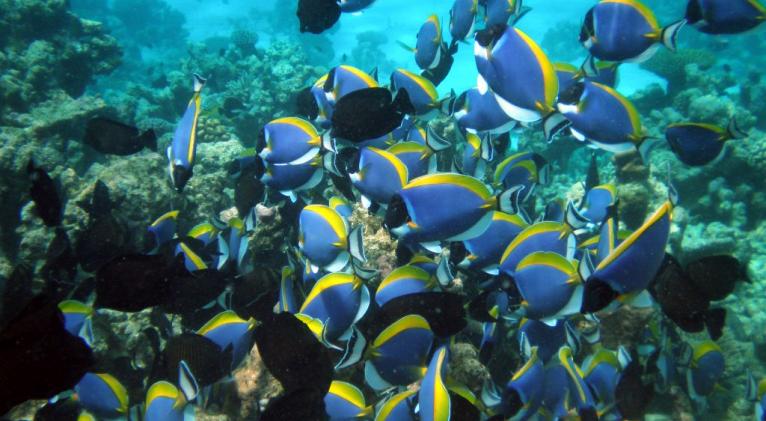Study Shows Intense Heat Slows Down Development of Coral Fish
especiales

Researchers analyzed the impact of water temperature, wind, rain and solar radiation on the larvae of coral fish (Pomacentridae) found around Lizard island located at the northern end of the Great Barrier Reef in northeast Australia.
"We found that when ocean temperatures warmed beyond about 28°C, the pace of larval development slowed," said study author, Ian McLeod, of James Cook University.
Study co-author, Mark McCormick, said that "to see adverse effects over the current-day temperature range raises concerns about the serious negative effects we may see when the ocean temperature warms with climate change."
The majority of marine fish undergo a stage of larval development in open sea, where they are more vulnerable to predators, the University said in a statement.
"Faster growth during the larval stage should lead to a survival advantage because they can develop sooner and get out of the dangerous pelagic environment faster," said McLeod.
However, researchers also noted that there is a high level of variability in the development of larvae in relation to temperature and other weather conditions, which could indicate that "some fish will thrive in the changing conditions and pass on their genes to future generations" added the expert.













Add new comment